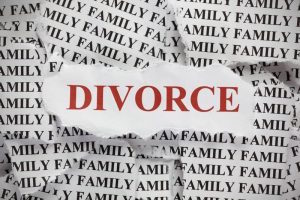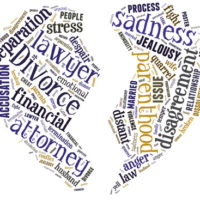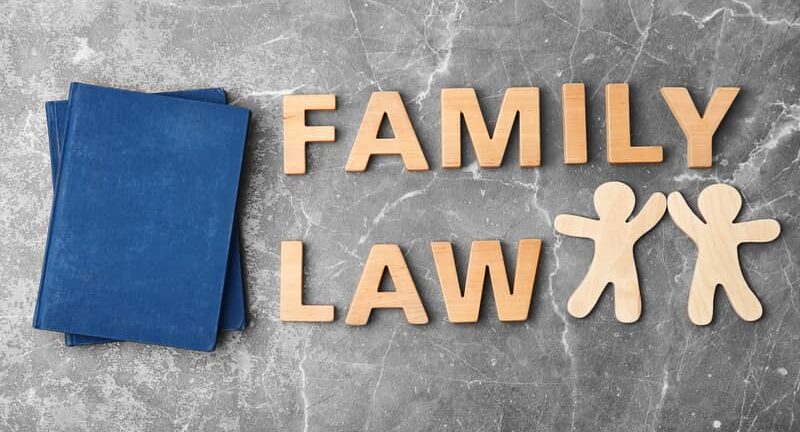
 Stress, pressure, and fear will make ordinary people do unordinary things–manipulative and even deceitful things. Some divorcing spouses go so far as to make up stories about their partners that damage their reputation and chances to be granted child custody, marital property, or alimony. If you are facing such accusations, you need to act now by contacting an experienced Charlotte, North Carolina divorce attorney.
Stress, pressure, and fear will make ordinary people do unordinary things–manipulative and even deceitful things. Some divorcing spouses go so far as to make up stories about their partners that damage their reputation and chances to be granted child custody, marital property, or alimony. If you are facing such accusations, you need to act now by contacting an experienced Charlotte, North Carolina divorce attorney.
False Allegations of Domestic Violence are Rare, But Do Occur During Divorce
While false domestic violence or abuse allegations are rare, they do affect spouses negatively during divorce. Specifically, a protective order (50-B) against one of the spouses could seriously impact the decision of the judge in many circumstances. According to research and reported by the Colorado Coalition Against Domestic Violence, in 63 percent to 74 percent of domestic violence cases, there is sufficient evidence that abuse occurred. In the remaining cases, there is insufficient evidence or a mistaken belief that abuse occurred. Very rarely does a person make a false allegation, which makes it all that much more difficult to prove in court.
Accusations of Drug or Alcohol Addiction, Sexual Abuse, or Child Abuse and Neglect Can Destroy a Parent’s Chances of Custody
Allegations of child sexual abuse during divorce cases only make up about six percent of cases, though at least two thirds of those cases are substantiated by evidence. Other allegations that could seriously jeopardize your ability to receive child custody, or even visitation rights, include:
- Alcohol or drug use;
- Child abuse;
- Spousal abuse;
- Animal cruelty;
- Committing crimes without getting caught; and
- Exposing the child to inappropriate activities or material.
Gambling, Criminal Allegations Affect Asset Division and Alimony
Even though North Carolina is an equitable distribution state, as per § 50-20, meaning that marital property is divided “fairly,” though not necessarily evenly, an accusation of abuse, an addiction, committing a crime that lead to a criminal record, or other offenses could mean that you are not awarded your fair share of the marital property. Because North Carolina can is a no-fault state for divorce, meaning that the court does not “care” in many instances who caused the divorce and will go ahead with equitable distribution of assets, there are some scenarios where allegations could disrupt this. For example, if one spouse spent a lot of money gambling, on another sexual partner, or somehow deprived the family of income in some other unfaithful, deceitful, or dishonest manner, such as committing a crime, the court may side with the other spouse that cast doubt on the other. The court may not divide the assets or allocate alimony in the same manner as it would had no false allegations been made.
Contact Powers Landreth PLLC Today for Experienced Charlotte Divorce Legal Counsel
The Charlotte attorneys at Powers Landreth PLLC will help you clear your name from any false accusations and ensure that you are given a fair chance at child custody, visitation, spousal support, and asset division. Contact us today for assistance; our attorneys are happy to answer any questions you may have.
Resources:
ccadv.org/wp-content/uploads/2013/11/CCADV-CCASA-Fact-Sheet-on-Myth-of-False-Allegations_updated-2.21.14.pdf
ncleg.net/EnactedLegislation/Statutes/HTML/BySection/Chapter_50/GS_50-20.html
Related Posts
Equitable Adoption in North Carolina
The doctrine of Equitable Adoption is a judicially created “equitable” remedy...
Charlotte Child Custody and Contempt of Court
The North Carolina Court of Appeals ruled this week on a longstanding Charlotte...

